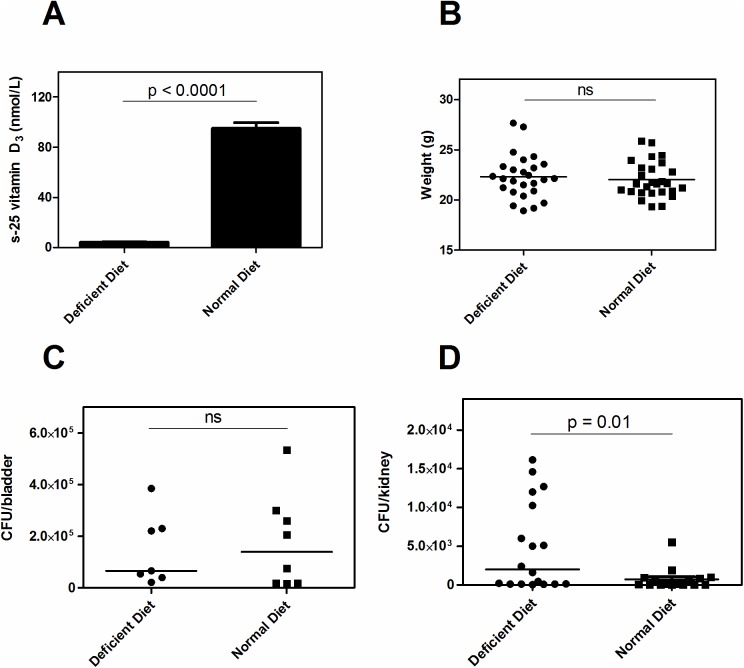Fig 1. Higher bacterial burden in dietary-induced vitamin D deficiency.
C57BL/6 mice were fed a vitamin D-deficient diet or control diet (n = 26 for each group) for 7 weeks directly after weaning. After 7 weeks mean serum levels were 4 nM in the deficient diet group vs. 96.7 nM in control mice (A). No difference in weight between the two groups was observed (n = 26 respectively). (B). More bacteria spread to the upper urinary tract in the vitamin D-deficient group as measured by bacterial count in the kidneys, (n = 9 in each group) (C) whereas no difference in bacterial load in the urinary bladder of the vitamin D-deficient and supplemented mice was observed, (n = 7 vitamin D deficient mice; n = 8 control mice) (D).

